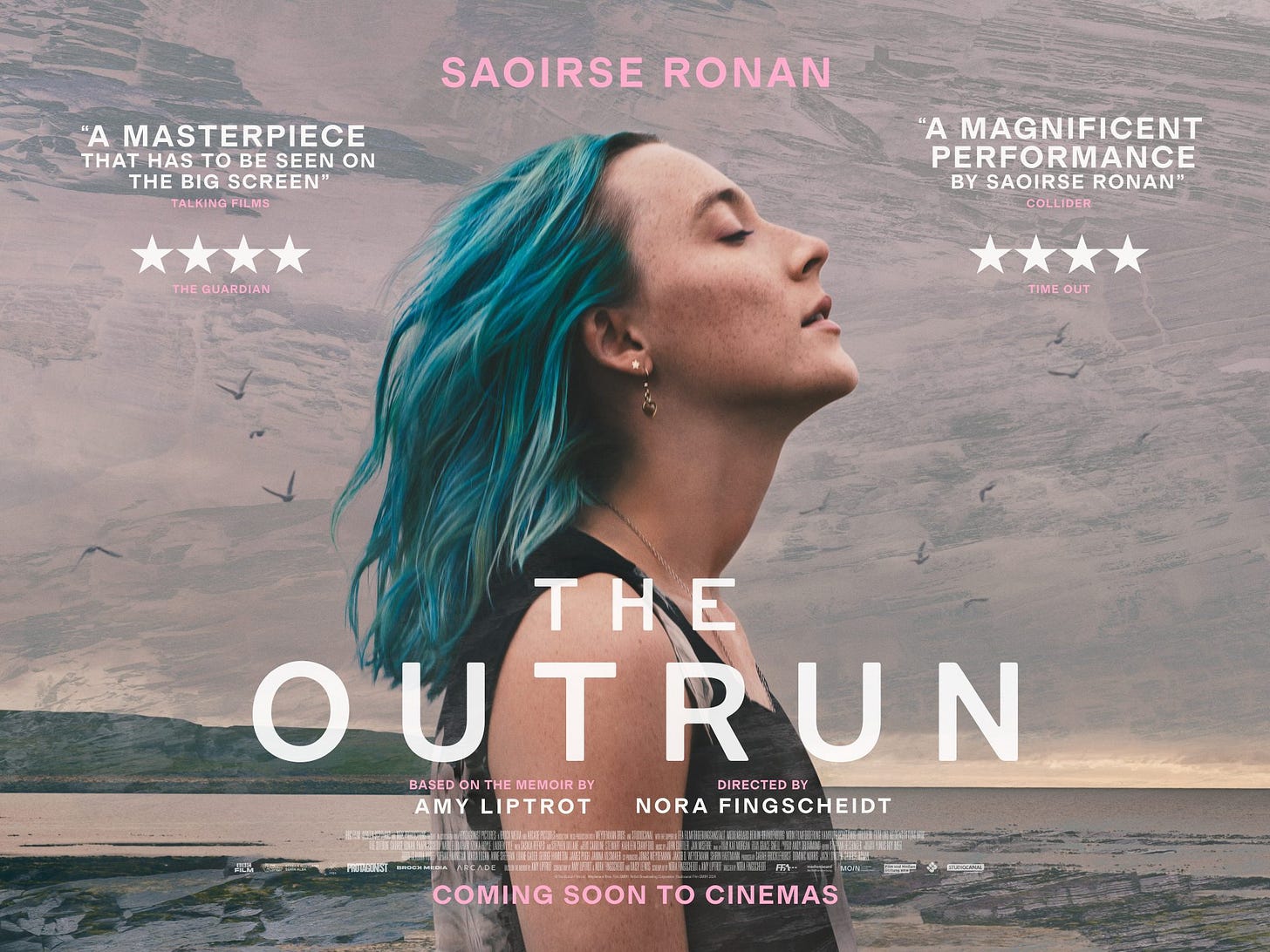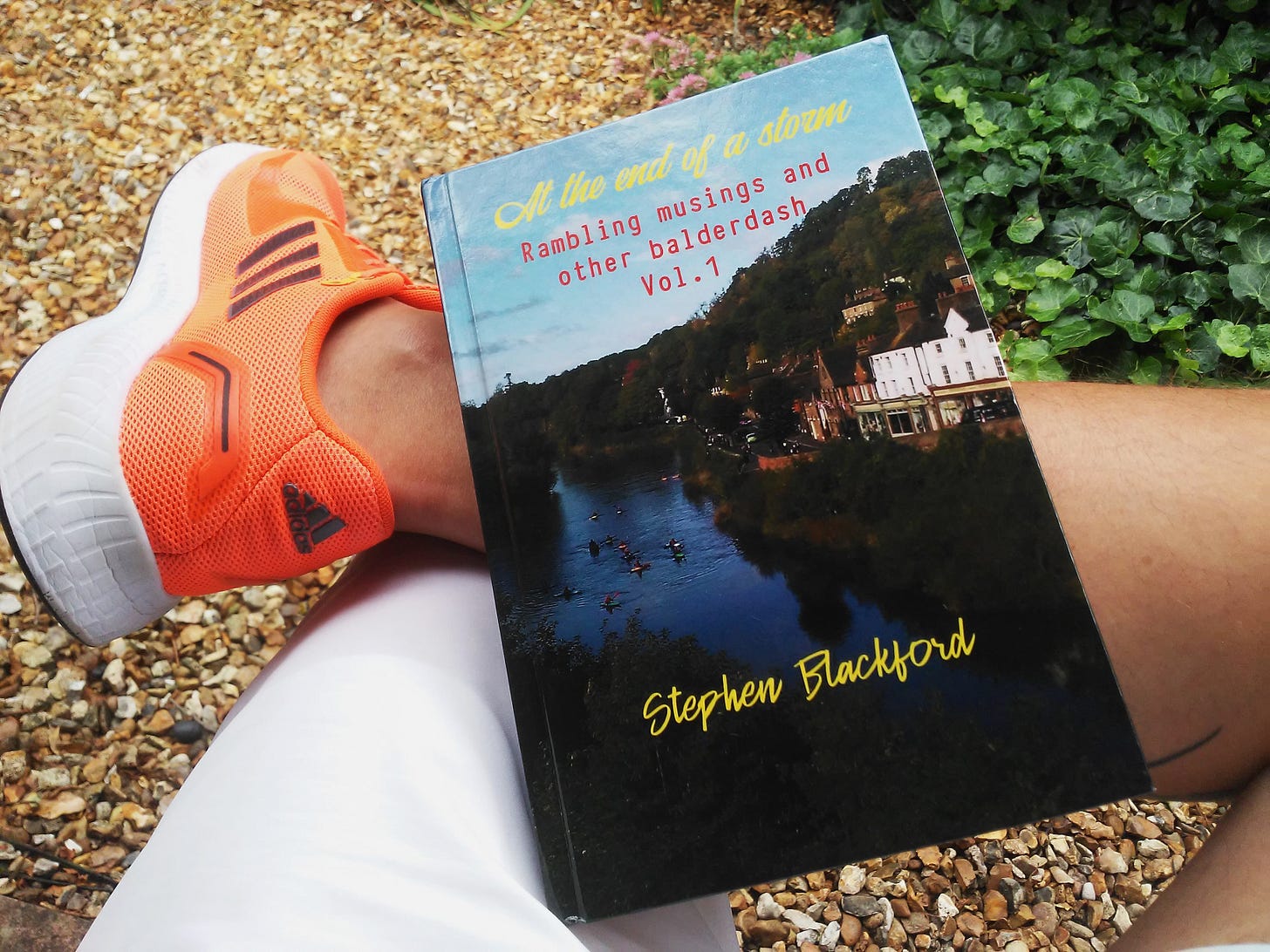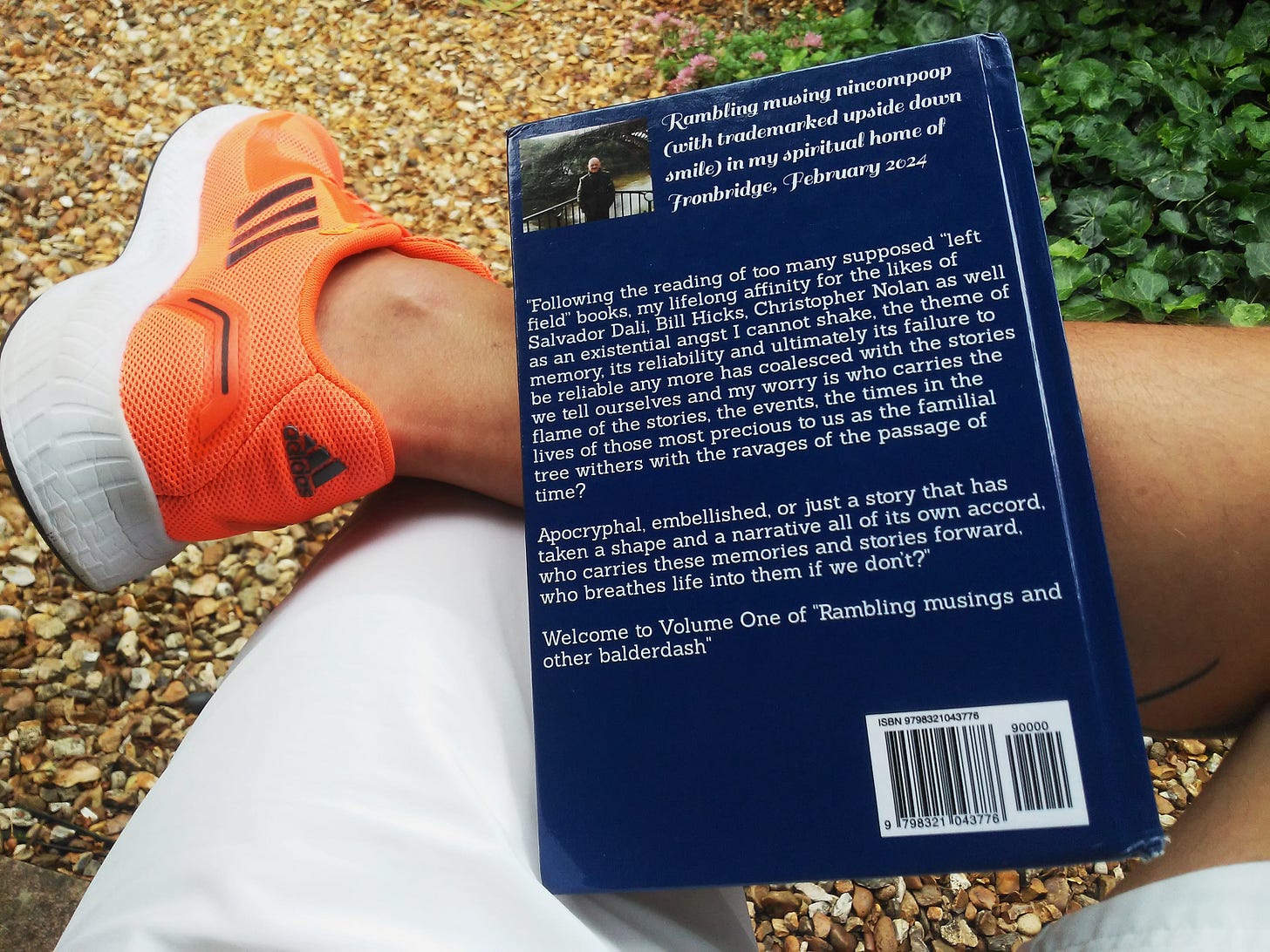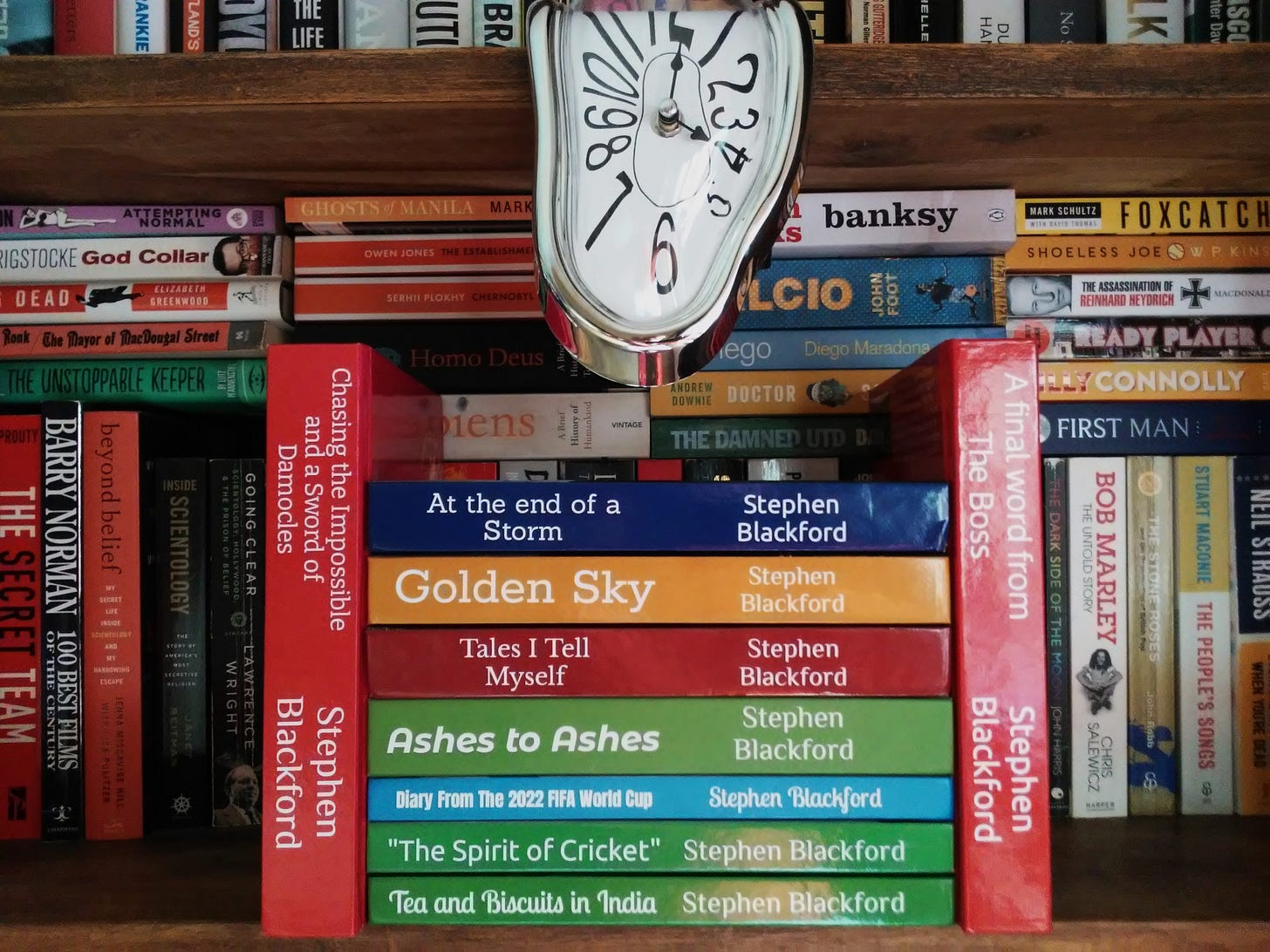
Following a lengthy list of independent producing partners including BBC Film, Screen Scotland and the National Lottery, the film opens on a wide shot of a remote beach beneath leaden skies, the only sounds are of unseen seagulls and the waves gently rolling into a shore lined with greenish/brown seaweed. A young girl is seen briefly as she places a large piece of dried seaweed into the water and we follow this briefly underwater until our first spotting of a seal swimming in the near distance and the first narration of the movie:
“In Orkney, it’s said that people who have drowned, turn into seals. We call them selkies. At the highest tides they slip off their seal skins for the night and they come to the shore as beautiful people. And they dance together.
Naked in the moonlight”.
Throughout this first narration of many to come, the camera has rested on a single playful seal just visible through the green tinged water, almost waving at the camera. A quick cut introduces us to “Rona” (Saoirse Ronan) dancing alone in a pub, her blonde, unkempt, straggly hair as striking as the ominously dark green lighting of the scene, and a scene oddly similar and yet still at odds with the serenity of the one that came before it, two playful creatures beating to the sight and sound of their drums.
“The selkies return to the sea at dawn. Unless they’re seen by a person. And they’re trapped in their human body and cannot return”
Rona is now seen swimming underwater and kissing a man briefly, the colour palette remaining a deep sea dark green.
“And they’ll always remain discontent on land, because they belong to the sea”
Two seals swim playfully in the near distance as we merge into the opening slide and “THE OUTRUN” before Rona stumbles into a pub after closing time and through slashed, jagged and quick edits, drinks every drop of alcohol she can find. The pun intended scene has been set for the next 90 seconds: Oblique camera angles and frenetic cuts see Rona now very drunk, out of control, out of friends, and after hiding under tables and steadily getting angrier by her drunken plight, thrown forcibly from the pub into the streets of London. Gathering up her meagre belongings, Rona is framed constantly in slightly off kilter close up as she stumbles along the late night streets. A car stops. An unseen driver offers Rona a lift.
We cut to a side shot of Rona, her parted blonde hair streaked sea green at the ends. It’s daytime now and a straight on angle now shows Rona with the hideous and painful beginnings of a huge black eye as she responds to personal questions as to her age and employment status (29, unemployed, and she also states that she holds a degree in biology) whilst inside the sterile confines of a brightly lit office. When questioned as to whether there’s any history of mental illness within her family, the film immediately cuts to a long shot of a caravan on a clifftop overlooking the sea and
“30 days”
“90 days”
“117 days”
are quickly flashed in small font at the bottom of the screen.
Amid loud electronic dance music we cut once more to Rona rolling a cigarette before with over sized headphones atop a sea green woolly hat, she tends to the animals on the family farm before an abrupt cut sees Rona now in pitch black darkness, her flashlight finally settling on a mother and her newborn lamb before another loud cut introduces us to another day on the farm: the making of a cup for a bearded farmer, taking the family dog for a morning walk, the branding of new born lambs. The scene ends with the bearded farmer smoking, seen only through a gap in a wooden fence or outhouse.
“How’s Dad?”
Rona responds that he’s “fine” to the as yet unseen poser of the question but an older lady is quickly established at the far end of a warm and welcoming kitchen. A small painting of a boat hangs just above Rona as she eats from a bowl, the older lady now joining her at the table. A local job prospect is eagerly suggested by the older lady. Rona responds coldly that she has a life to return to elsewhere. The older lady says she’ll pray for her. A frustrated Rona asks that she doesn’t. A quick cut now sees a downbeat Rona sitting alone in a small room in the upstairs of a house, a small painting of a lamb or possibly a small dog hangs on the wall to her right. The older lady asks if she’d like some tea to which Rona responds that she’ll return downstairs shortly. A whistling sound now merges with the siren sound of the police or emergency services as we cut from a lost looking Rona to a singing, drinking, and far, far happier young lady. Sucking on a pencil and playfully singing “I’m really bored — Are you bored too?” to the young black man she was last seen kissing underwater at the beginning of the film, the angles and close up shots here excel: focussing on the love exuding between these two playful university lovers, often shown from yet more awkward and acute angles or just their fingers or mouths or in the case of Rona her eyes, her bright and sparkling eyes. Rona fondly runs her fingers along the bottle of alcohol she’s holding as she asks her beau what it was like for him to grow up in London. Focussing again on the man’s mouth, the close-in angle from the director perfectly captures a slowly mouthed and cryptic “there is always low key something” in response before he calls the countryside “so quiet” as the scene and setting abruptly changes to Rona sitting alone at a cafe, idly thumbing through photos of the man on her phone.
After scrolling through a rejection email for a job application and the beginnings of another one, Rona retreats outside the cafe for a cigarette. Unable to light it she asks a passer by for help before they fall into an awkward conversation that veers dramatically from the smiles of a young lady complimented on her choice of hat to a broken lady desperate for the friendship and familiarity of somewhere she used to call home. As the passer by makes a desperate and awkward retreat, Rona is close to tears.
A quick cut returns us once more to the bleak darkness of a night on the farm, only the tip of her lighted cigarette and a brightly lit caravan in the distance pierce the night time blackness. Another quick cut and the brutal reality of life on a farm as Rona forcibly handles a sheep into a birthing position before helping with the birth of a lamb. As a fellow new born, covered in straw, takes its uncertain first steps, Rona tries unsuccessfully to rouse the latest new born into life before a quick cut later sees her loudly dumping the dead lamb into a dustbin. Walking towards the edge of the farm and the clifftop overhanging the sea, we now find Rona with headphones atop her head listening to dance music once more, staring out to sea. Framed brilliantly at a distance and all alone atop a jagged rock face high above the sea, the narration returns:
“Sometimes you can feel a vibration in Orkney. A low rumble. A tremor. It takes over the whole island and every part of your body. But, of course…it could all just be in your head”
Cutting to a 4:3 ratio of black and white real life stock footage of yesteryear:
“Some people say it’s the sound of underwater military experiments. Others say it’s the waves caught in the caves deep below the land. But the one that brought me nightmares when I was little is the oldest theory”.
Another cut before the narration resumes, now of a very young girl before a brief animation tells the tale of…
“A ginormous monster called the Mester Muckle Stoorworm, who was so big his tail would wrap around the whole world. And he was defeated by a young lad called Assipattle. He killed the Stoorworm with a burning peat. Fire burned inside its body. And it was in such pain that its neck reached nine times to the moon and back. And then its teeth fell out, and formed the Orkney Islands. The liver is still burning today.
And we feel that as the tremors”.
So begins The Outrun, and a remarkable film I couldn’t possibly recommend highly enough to you. I’ve been looking forward to this film tumbling in my direction for some weeks now following the effusive praise bestowed upon it by Mark Kermode to his film podcast and wing man of many BBC years, Simon Mayo. I may have fallen out with these two gentlemen in recent years over matters of a political bent, but they know a good/great film when they see one, and this is no exception. Directed by Nora Fingscheidt in her third big screen outing following 2019’s System Crasher and the highly recommended The Unforgivable two years later, and based upon the 2016 memoir of the same name written by Amy Liptrot, The Outrun is many things and not always a pleasant or easy watch. As you may have gathered from my loving critique of the opening 16 minutes above, the film twists tangentially through different timelines, states of being, myths, legends, mental health, loneliness, young love, the freedom of human spirit and even an ecological statement that, as with every other subject matter, is argued fairly and without cloying sentimentality or judgement. There are so many “pieces” to this brilliant cinematic jigsaw: the leaving of home (and the oft painful return for some of us), university life, first time love, religion, the wonders of our natural world, a Scottish isle at the end of the world and at the whim of mother nature and as the film progresses — family and friendships, isolation, solitude, loneliness, and the support groups of recovering addicts dealing hour by hour and day by day with their dependency on alcohol.
Director Nora Fingscheidt has now impressed me with her latter two releases and so naturally I have to seek out a copy of System Crasher. Her leading lady Saoirse Ronan has beguiled me now for over 15 years since 2009’s The Lovely Bones and the seal was set on our unrequited cinematic love with her performance of “Agatha” in Wes Anderson’s magnificent The Grand Budapest Hotel. Performances in Lady Bird, The French Dispatch and See How They Run (all highly recommended) have followed, but regardless of your favourite Saoirse Ronan on screen performance, she is truly magnificent here. Oscar worthy in fact. Will it be fifth time lucky for the Irish/American actress come March 2025?
“If you go mad in Orkney, they just fly you out”, so continues the film’s narration. I’d happily take my madness to another level in these beautiful Scottish Isles that seem to herald only the sea and the end of the known world for as far as the eye dares see.
But when I do officially go mad, please leave me in Orkney.
I’ll still have many more monsters of my own to deal with.
Thanks for reading. I hope this message in a bottle in The Matrix finds you well, prospering, and the right way up in an upside down world.
"At the end of a Storm" - link to Amazon







